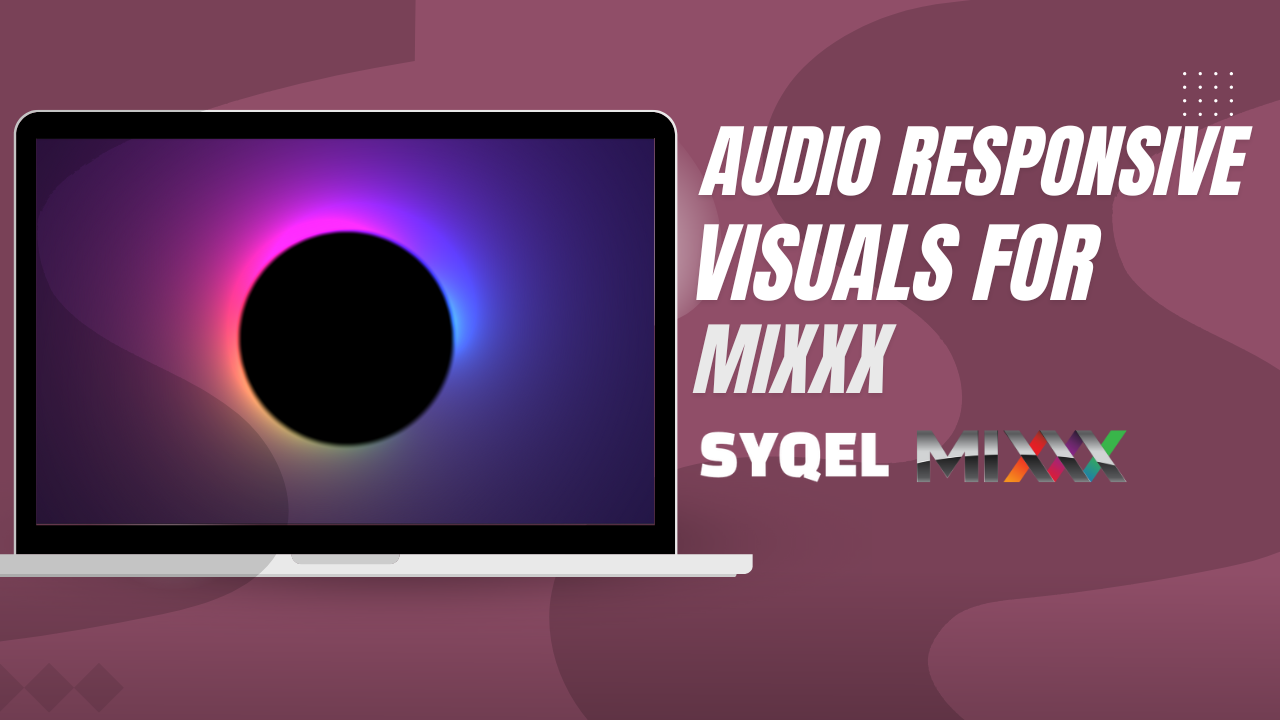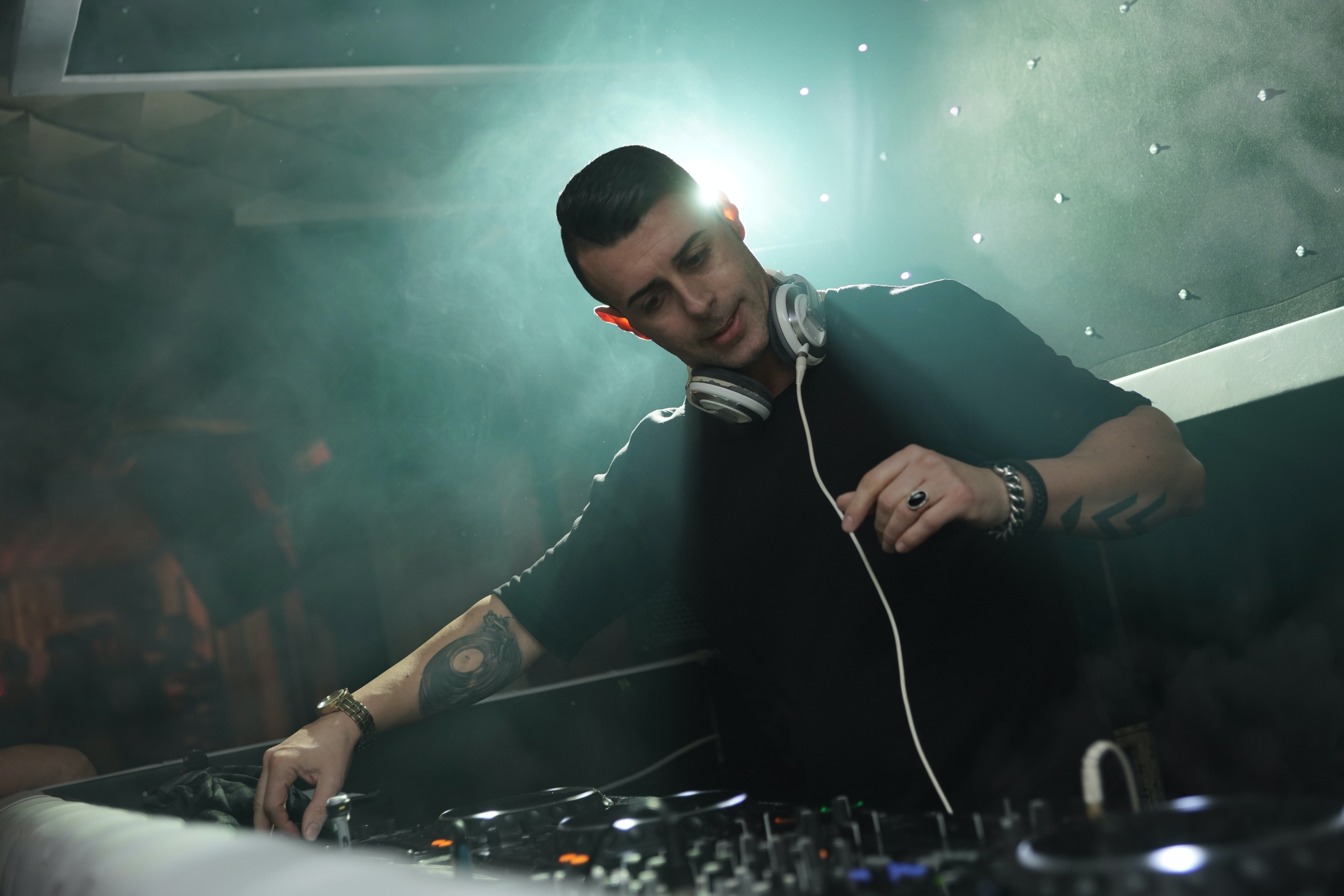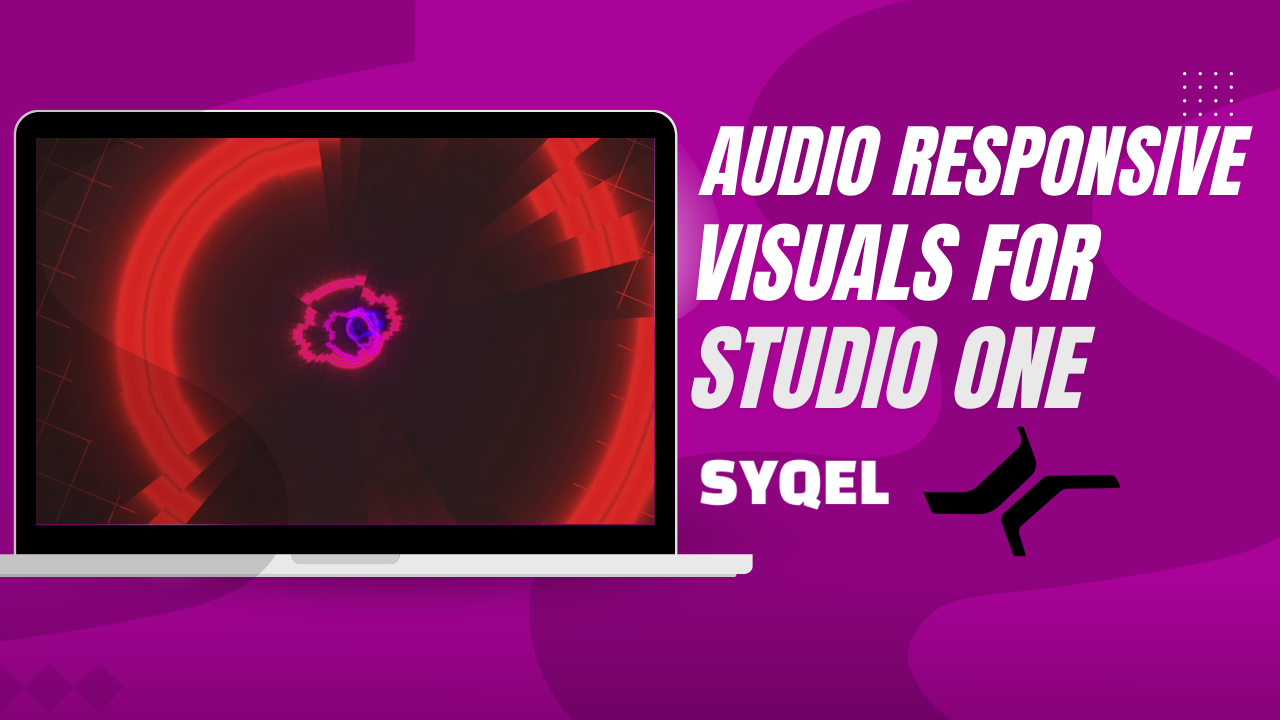Aspiring DJs are — for the most part — in one of a few stages at this point. You’re researching equipment and thinking about your sound. Or you’re actively learning how to DJ, with equipment, and practicing mixing. (If you’re still researching equipment, these are the most important DJ software programs you should know about.) Maybe you’re booking gigs. But usually “booking gigs” looks more like sporadic weekend weddings and festivals, not something reliable. This is where the DJ residency comes in.
Every career DJ talks about having them. Residents are on posters, regularly in clubs, and professional DJs put their residencies on their bios. There are several reasons why every digital DJ needs to find a residency, but here are just a few of them.
What do we mean by “residencies” in the DJ world?
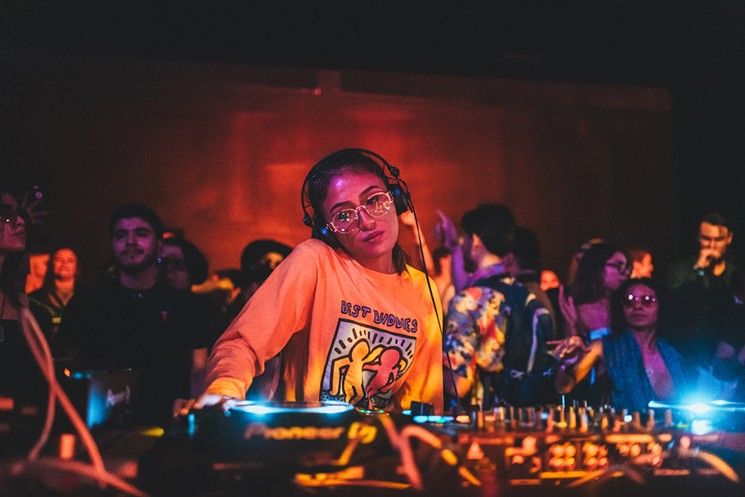
Image courtesy of Miami New Times.
A DJ residency is a regular slot at a local club, bar, etc., that is set aside for you. You and the manager of the place have reached some agreement, and you get to go and DJ on a weekly basis.
Most people would jump right to the part about the steady paycheck as the reason why DJs should find a residency.
But it’s so much more than that.
“Residencies” in general are spaces for artists to stay and work somewhere in conditions that are conducive to learning. Artists are also given the resources they need to improve, especially things like teachers and audiences. Writers gather and workshop their pieces with other writers. Painters go and work somewhere and then showcase their creations.
What DJs really need to grow is an audience.
And that’s where residencies come in.
These are the six reasons you absolutely, without a doubt, should find a DJ residency to make a career out of this thing (no pressure).
1. To get comfortable and creative in front of a crowd.
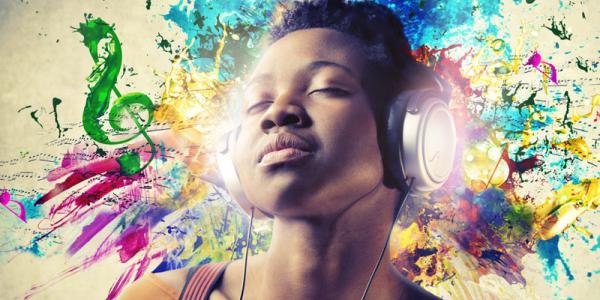
Residencies are a place to explore. They’re a time to practice in front of a live audience and learn how people react to music in real-time. It’s a place to learn how people react to different styles of music and at different times of the night.
You will learn the elusive art and science of warming up a crowd, building to a peak, and how to send them off into the night both satisfied and wanting to come back.
This is the time and place to build creative mastery of the craft. Once you have that, you can start to carve out your own individual sound within the world of mixing.
2.To build a connection with your main audience.
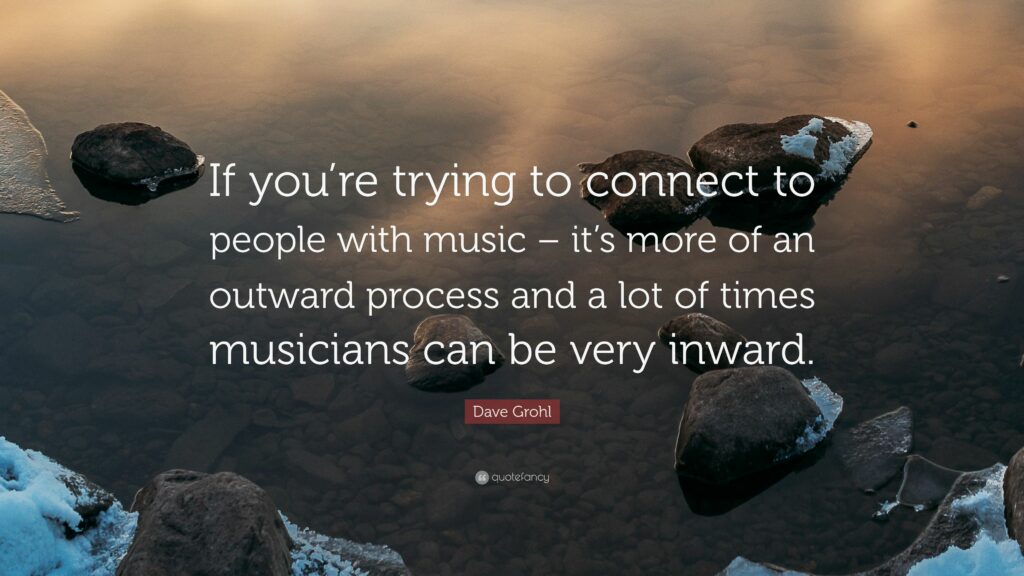
Sometimes, especially during one-off gigs, you forget that you’re a part of a community. You are not alone when mixing up on the stage. You’re testing out sounds and gauging a crowd, But they are your people, so you can feel safe trying out something new on your target audience.
When you’ve figured out the kind of music you want to play, and play that consistently at a local club or bar, those people who explicitly resonate with that sound will come out of the woodwork.
And you’re likely to see them over and over again. DJing is about sharing your obsession with music with others, and to personally know those others is a reward all on its own.
3. To build a connection with other DJs.
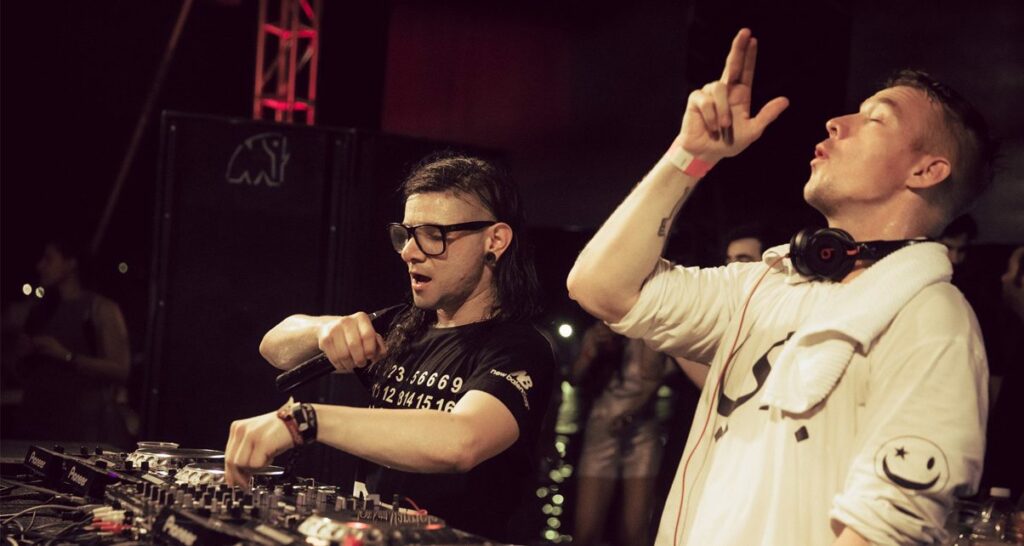
The Renaissance painted the artist as a solitary genius. And yet, every artist has always built upon their predecessors. Every artist has found their own style through first developing creative mastery, and then deviating from that norm.
DJing as a career demands mastery of the craft — and if you’re planning on making a name for yourself — creative innovation. DJing is all about taking what already exists and making it into something new.
But, to learn what kinds of sounds and techniques you’re interested in, the best way is to hear what others are doing. No creative is a one-person show these days. DJs exist in a collaborative culture.
While your career is just starting, others have been in the field for years. And there is a wealth of knowledge just waiting to be tapped into.
As house music legend Steve Lawler said: Surround yourself with DJs who are better than you.
It may be uncomfortable at first, possibly even intimidating, but no artist grows through complacency.
A side note about this: Working with great DJs should be humbling.
When performing with great DJs, you will most likely be opening for them.
You have to recognize your place. Also know that people, in these instances, are probably not there to see you. This should be a humbling experience.
When you’re just getting started, know that you’re not the shit (yet).
4. If you want to get good at something, you have to do it a lot.
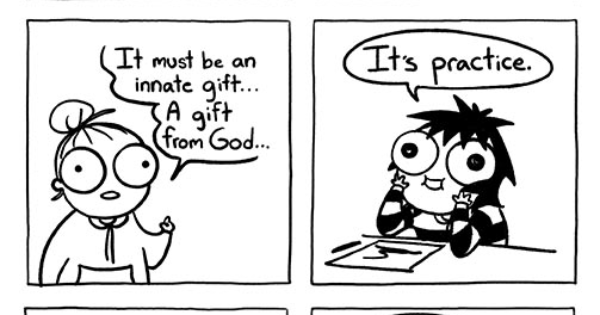
One of the most common things that almost every artist says is: “I should be practicing more.”
As someone who (very likely) is holding down a day job until their DJing career takes off, you’ll find yourself juggling a lot of different things at once. It’s easy — almost inevitable — that you are not practicing as much as you want to be.
“I’ll be able to hone my DJ techniques and skills and improve faster than I would if I didn’t have a residency.”
5. You have a place to invite promotors.

If you have a regular schedule through your residency, you can invite promotors consistently. It’s easier to have a solid time and place than to try and get someone out to a one-off gig.
You’ll also be comfortable at your place of residency. You know the layout, your setup, and the vibes.
6. You gotta get that good content.
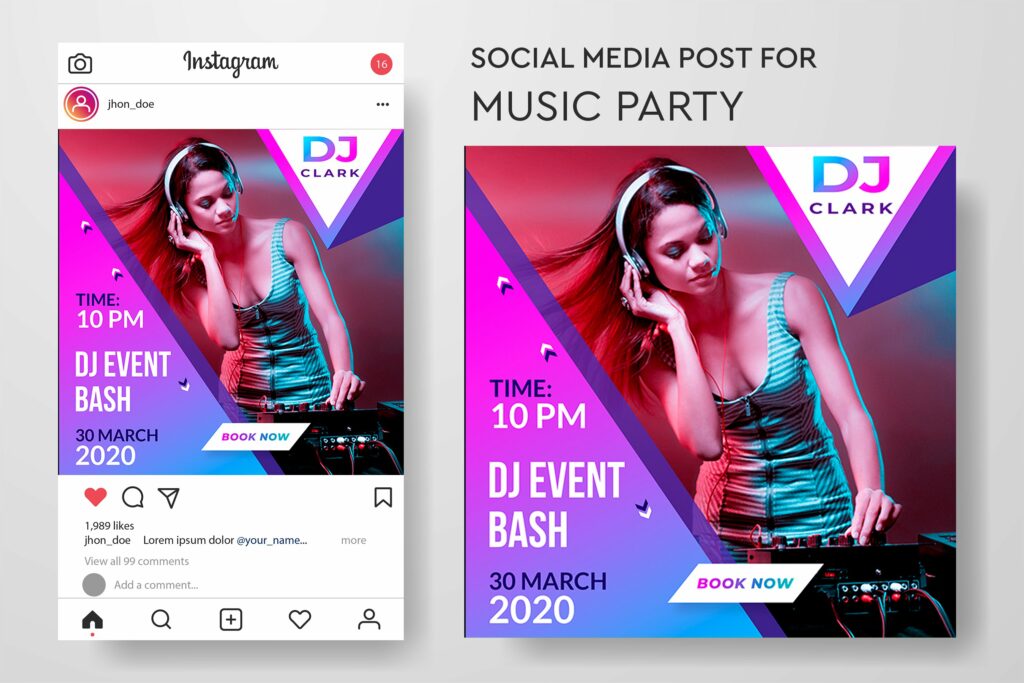
If you do anything even remotely creative, you’re on social media. That’s a fact. (And if it isn’t, it really should be.)
When you’re inviting people to events, give them a taste of the vibes. Show a short video, images from previous events, whatever you want to show them to entice them. Tag people, venues, and use proper hashtags for event promotion.
Live streaming is also having its moment. If you’re comfortable with it, connect with those at home. It’ll widen your exposure, and show that you’re actively working on your craft. It’ll also make people wish they’d been there, and come to your next performance.
7. This is your chance to start figuring out who you are.
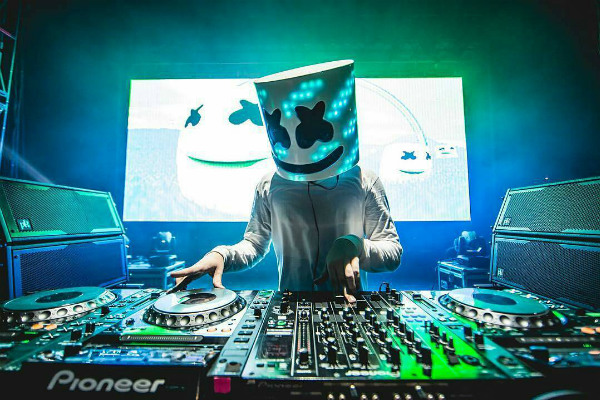
Image courtesy of 17qq.
A callous person is going to tell you that it’s all about building the brand.
And, you know, it is. But it’s more than that.
You, as a refined, money-making DJ, will eventually have a sound and style all your own. You don’t have to hammer out your entire persona while playing at a small club once a week. But a residency is a great place to start thinking about where and who you want to be in the music world.
What is your persona? Who do you want to be? Where do you fit into the mold — or are you something else entirely?
A great example of persona building and storytelling is the famous Marshmello: mysterious, glaringly noticeable, with a character you can’t help but be drawn to. Did Marshmello get to the top just by wearing a 12-pound helmet? No. But did his persona pique interest and help him carve out his place in the EDM world? Absolutely.
You really don’t need to have your entire persona built out after a few weeks of playing your local club on Thursday nights.
But a DJ should find a residency to start thinking about who they are.

